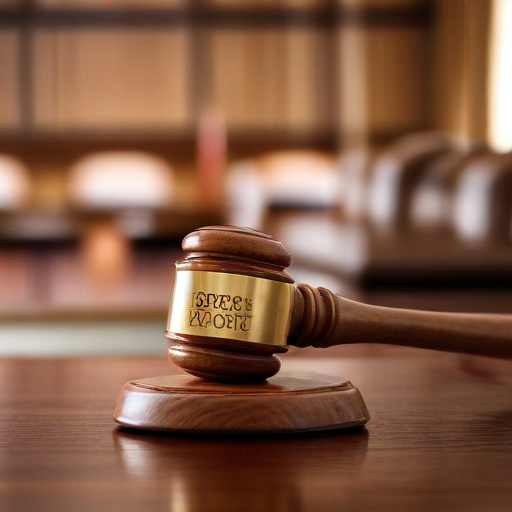The Illinois State Supreme Court has recently overturned Jussie Smollett’s conviction for allegedly lying about a hate crime, delivering a surprising unanimous decision. In its ruling, issued on Thursday, the court cited violations of due process, concluding that Smollett should not have faced trial after his initial charges were dropped in a previous agreement with prosecutors. This decision mandates that the circuit court dismiss the case entirely.
In a notable 5-0 ruling, the Supreme Court emphasized the importance of upholding legal agreements, especially when individuals make decisions based on those agreements. The court acknowledged the public’s dissatisfaction with the initial handling of the case but underscored that disregarding prosecutorial promises would undermine the legal system.
Smollett was accused in 2019 of staging a hate crime and subsequently lying to law enforcement, leading to charges of felony disorderly conduct. Initially, Cook County State’s Attorney Kim Foxx’s office dropped the case against him, allowing for a resolution that included a fine and community service. This resolution was ultimately deemed unjust by both the public and legal analysts.
Legal experts commented on the implications of the ruling for Smollett’s future, noting that the Supreme Court’s action restores his legal standing, although civil cases, including potential actions regarding restitution to the city of Chicago, may still loom. Smollett’s attorneys expressed their belief in his innocence and framed the prosecution as a misguided effort rather than a just legal process.
Despite the troubling history of the case, this ruling represents a critical moment emphasizing the importance of due process and legal agreements. It suggests that even in high-profile cases, the principles of justice and constitutional rights must remain intact to avoid setting dangerous precedents.
This latest development brings a sense of closure to a case that has captured public attention for years and raises questions about the future of legal accountability in similar circumstances. The emphasis on the need for fair legal representation and the integrity of the judicial process are hopeful signs for the future of justice in Illinois and beyond, reinforcing the ideals that underpin the legal system.
In summary, the Illinois Supreme Court’s dismissal of Smollett’s conviction highlights the critical nature of adhering to agreements within the justice system, even when public sentiment may differ. As the legal process unfolds, it serves as a reminder of the delicate balance between accountability and fairness.
